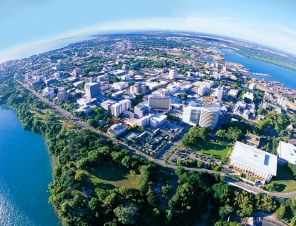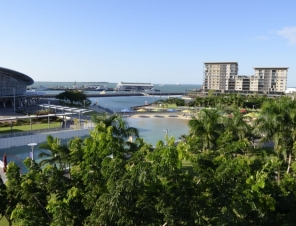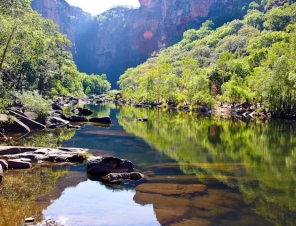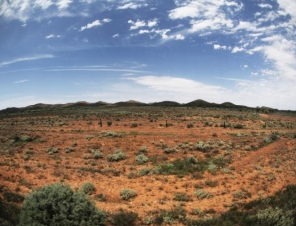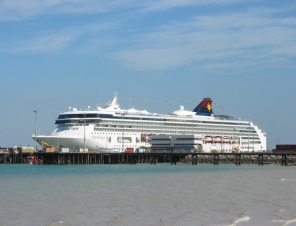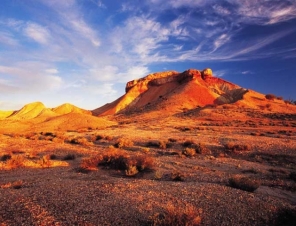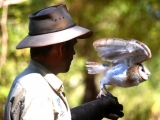
DRW-24 | Darwin Hop On Hop Off Tour 24H | 3.50 hrs
This tour offers a 24 hour Hop On Hop Off bus service which lets you plan your own itinerary and visit the landmarks and attractions at your own pace. An entertaining and informative commentary is offered throughout with 2 choices of routes.

DRW-48 | Darwin Hop On Hop Off Tour 48H | 3.50 hrs
This tour offers a 48 hour Hop on Hop off bus tour which lets you plan your own itinerary and visit the landmarks and attractions at your own pace. An entertaining an informative commentary is offered throughout. With 60 and 90 minute routes.
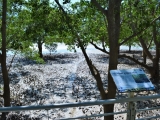
DRW-10 | Wildlife & Habitats of Greater Darwin | 6.00 hrs
Sample the diversity of the natural world of the Top End. Wander through rainforests, stroll along beaches and peer through forboding mangroves. All in a day of discovery in and around Darwin.
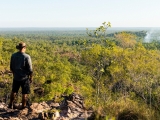
DRW-11 | Litchfield National Park Tour | 9.00 hrs
Ancient stone fringed paths, pristine creeks and water holes fed by cascading waterfalls are the backdrop for your experience. With qualified local eco friendly guides anything is possible on this one day tour from Darwin. Get away from the city and come on a true adventure !
Darwin is the capital city of the Northern Territory and is located on the Timor Sea. It is the most populated city in the sparsely populated Northern Territory, with a population of 130,000 but is the smallest and most northerly of the Australian capital cities. the city has grown from a pioneer outpost and small port into one of Australia's most modern and multicultural cities.
Darwin's population is notable for the highest proportional population of Aborigines of any Australian capital city. In the 2006 census 10,259 (9.7 per cent) of Darwin's population was Aboriginal. The area is the ancestral home of the Larrakia aboriginal people.
Darwin's proximity to South East Asia makes it an important Australian gateway to countries such as Indonesia and East Timor. The north / south Stuart Highway begins in Darwin, ending at Port Augusta in South Australia.
The city itself is built on a low bluff overlooking the harbour. The region, like the rest of the Top End, has a tropical climate, with a wet and a dry season and Darwin is noted for its consistently warm to hot climate, all throughout the year. Prone to cyclone activity during the wet season, Darwin experiences heavy monsoonal down pours and spectacular lightning shows but during the dry season, the city basks under blue skies and gentle sea breezes.
On 9 September 1839, HMS Beagle sailed into Darwin harbour during its surveying of the area. John Clements Wickham named the region "Port Darwin" in honour of their former shipmate Charles Darwin, who had sailed with them on the ship's previous voyage which had ended in October 1836. The settlement there became the town of Palmerston in 1869, and was renamed Darwin in 1911. Having been almost entirely rebuilt twice, once due to Japanese air raids during World War II, and again after being devastated by Cyclone Tracy in 1974.
On 25 December 1974, Darwin was struck by Cyclone Tracy, which killed 71 people and destroyed over 70% of the town's buildings, including many old stone buildings such as the Palmerston Town Hall, which could not withstand the lateral forces generated by the strong winds. After the disaster, 30,000 people of a then population of 43,000 were evacuated, in what turned out to be the biggest airlift in Australia's history
How far from the cruise ship to the city centre?
It about 1.5 kilometers to the centre of town from the port.

 |
|





